“The problem with quotes found on the internet is that they are often not true.” – Abraham Lincoln
This is a great quote… right? At least it would have been, if Abraham Lincoln was alive when the internet was created. This is the issue. People are always believing everything they see on the internet. No one seems to be embarrassed about their gullibility. And it is exactly because of this reason that people fake things on the internet so unashamedly.
Nikocado Avocado is a famous YouTuber who has been known for gluttony for the entirety of his decade-long career. From videos of him eating McDonald’s full menu to eating a foul mixture of Takis and ramen, his content has always glorified extensive amounts of eating in an agreeably gross way. Inevitably he has been receiving a tremendous amount of hate from viewers who felt sorry for him. Many of the hate comments consisted of things such as, “Eat some celery,” and “How did bro achieve this build?” and “Is this rage bait?”
Tired of the hate he was getting, he decided to drastically change his physique it what seemed like overnight. Around a month ago, he pretty much popped out of nowhere as a completely new person. After losing 250 pounds, a more calm and mannerly version that people now refer to as Perry (his actual name) came along. And now, his comment section is overfilled with “Ozempic’s final boss,” and “He’s a genius,” and “Please drop the routine.”
He fooled millions of people for 2 whole years, and nobody, including myself, suspected a thing. Like everybody else, I never questioned anything about his content because I genuinely believed everything he posted was real, as it had been presumed to be for years. Even though it was pre-recorded content, nobody noticed because he strategically chose which content he put out, and at what time. Along with that, he made sure to keep his inner circle as close as possible to ensure that no news about his weight-loss journey got out.
I didn’t think twice about his content and didn’t question it because why should I? I never even thought about the possibility that everything could’ve been fake. I fell right into the same gullible rabbit hole that everybody else fell into. Sure, I have been given multiple lessons throughout my lifetime that ensured I knew about the possibility of people being fake on social media, but even then, I’ve never felt so easily manipulated over the internet, and frankly, it scared me. How many other people are out there right now faking everything they’re posting on social media? I’m sure it’s a lot more than I think, and I’m sure it’s even the people that I would never in a million years suspect.
Fake news isn’t a new idea, it is a tale that is as old as time. Whether misinformation is being spread through modern social media, or through newspapers or tabloids, it keeps going around.
Most of the time, it is used as a tactic to get something out of it. Like for Perry, or as most people would recognize him, Nikocado Avocado, it was to give all of his haters the bird. However, the way that it is most commonly used, especially during an election year, is to skew public opinion.
More often than not, it works. People view a headline from a fake news site for a total of 2 seconds and immediately believe it without even doing any sort of fact-checking.
More recently, a story that has been spread around to skew public opinion and in some way, win over election votes has been the story about Tim Waltz molesting a former student.
I mean how could he? How can a disgusting human like that be allowed to run for Vice-President? I don’t know, maybe it’s because he didn’t actually do it?
This allegation, as serious as it is, has been falsely spread all over the media, and has been used as a tactic to tarnish Waltz’s reputation. It has inevitably shifted people’s focus on that, rather than the fact that the person who just won the race for presidency has actually been proven guilty on 34 felony counts and is a habitual liar. Why don’t we talk about ethics now?
All of this fake news, as insane as it is, has in a way opened the eyes of millions. It served as a reminder to everybody that people on the internet are strangers, and there is no telling how authentic their content is. No matter how much they advertise themselves as “authentic,” there is always that possibility that they just aren’t, and that’s that. There never is any sort of punishment to keep people from being fake on social media, and because of this, they keep doing it. All the time. With no shame. And embarrassingly enough, we fall for it. Every. Single. Time.
With today’s technology, manipulating images and videos is a lot more common than most people might think, making it too easy to get tricked. Most people know that. And if you don’t, then maybe you shouldn’t be on social media.
However, it doesn’t have to only be about what images are and aren’t being edited, but about how many lies are being spread by these influencers about their personal lives, and by these sites about other people’s personal lives.
Although we cannot keep them from spreading around fake news, we can keep ourselves from falling for it. An effective way that we can prevent falling for these tricks is by always having suspicion that the content we are watching is not real.
We should never fully trust that somebody is being 100% real on social media, no matter how much they say that they are. Of course, not everything is going to be fake, but most of the time, it’s better to be safe than sorry. Whether it’s because someone is pretending to be someone they’re not, or because someone is planting lies to make someone look bad, there’s always some sort of fake news spreading around the media, and we’re always falling for it. It’s kinda like social media etiquette at this point.
Regardless of how fake everything seems to be, it is essential to be aware of when something is fake before falling head first into that gullible hole everybody seems to be in these days.
Although it wouldn’t always be so obvious, there are some steps that someone could take to refrain from falling for lies. To avoid becoming just another victim, it is crucial to carefully assess where the information is coming from. Checking the credibility from the news site or the author can be a good starting point.
Instead of just stopping there, go a step further by double-checking on multiple different sites that are well-known for their reliability to see whether the same information has been spread on their platforms.
These are just some of the many steps you can take to ensure that you’re not just another fatality to fake news. However, maybe I’m not to be trusted, but there are some sites out there that can definitely be trusted – Snopes.com, Factcheck.org, PolitiFact, Northeastern University Library, and you can also use a checklist for fact checking.

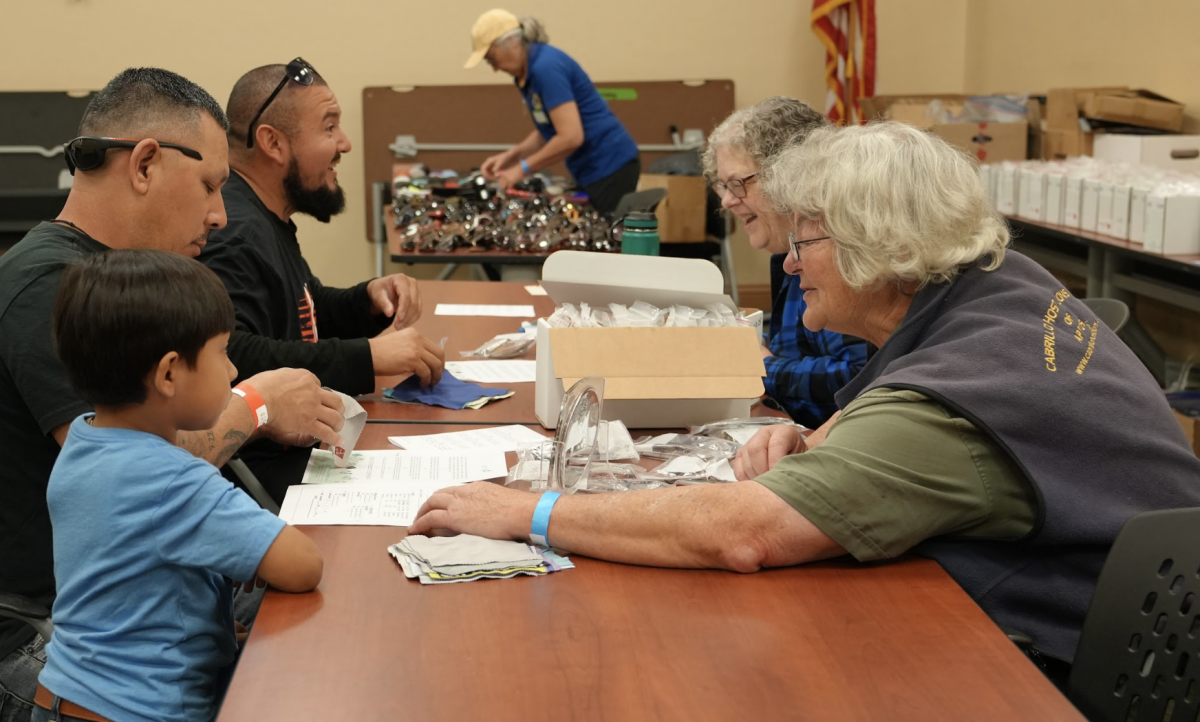
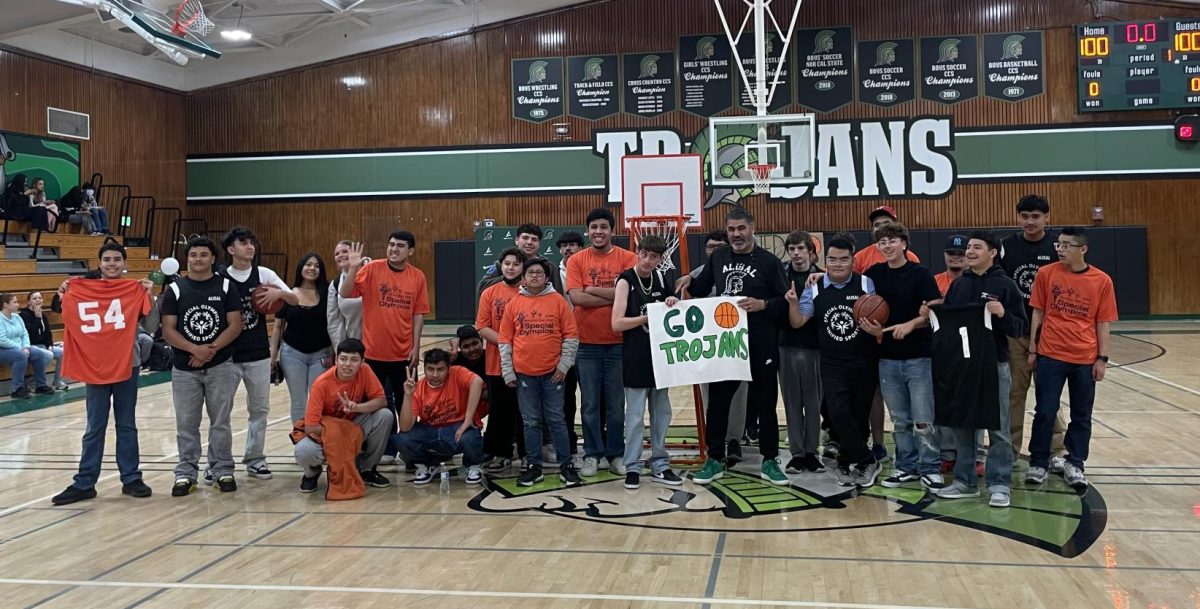


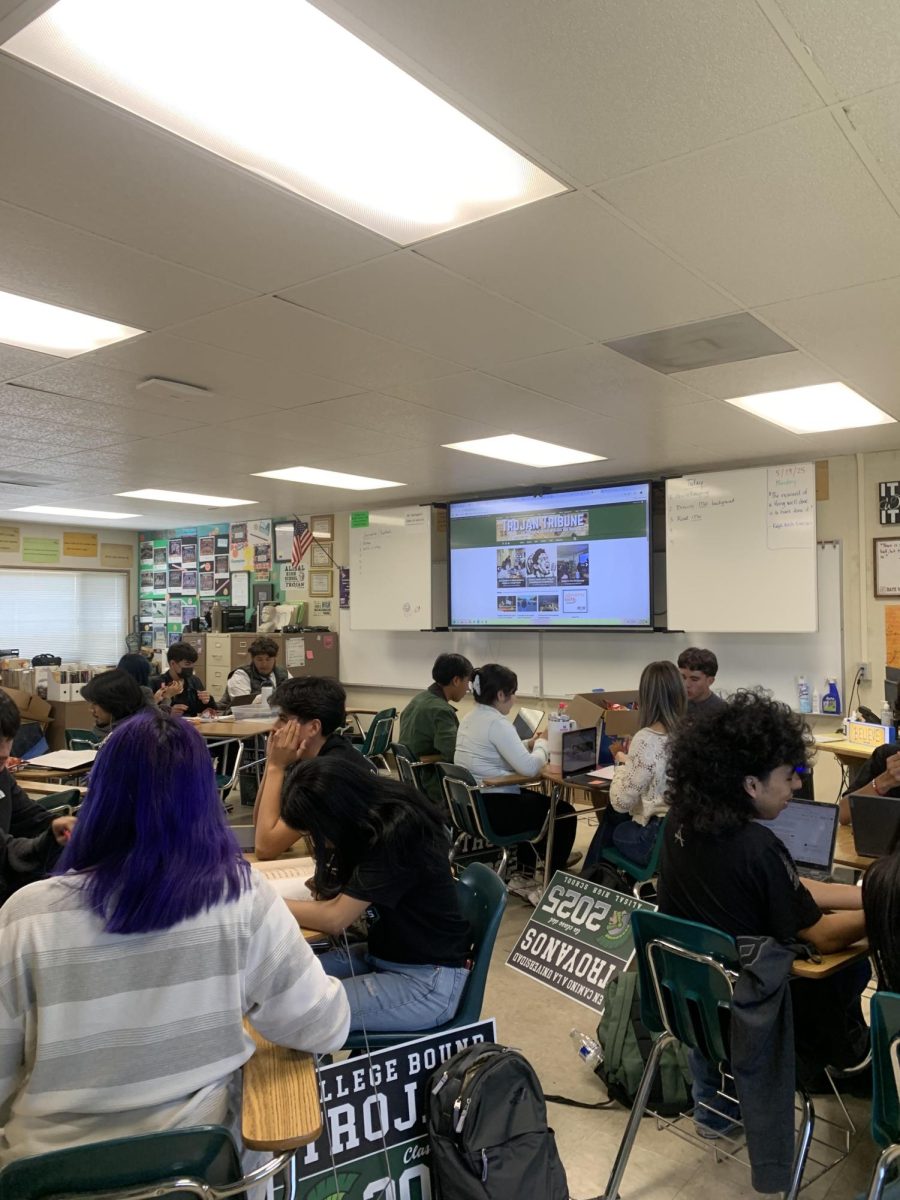

![Senior Jayden Duarte dives across the goal line for one of his five touchdowns in a dominant 62-40 victory over Monterey. It has been a highly successful season for Duarte, and he credits his coaches for putting him in positions to succeed and make key plays. “The goal is to help wherever the coaches need me, receiver, running back, [and] DB,” he said.](https://alisaltrojantribune.com/wp-content/uploads/2025/10/IMG_3599-2-1200x800.jpg)






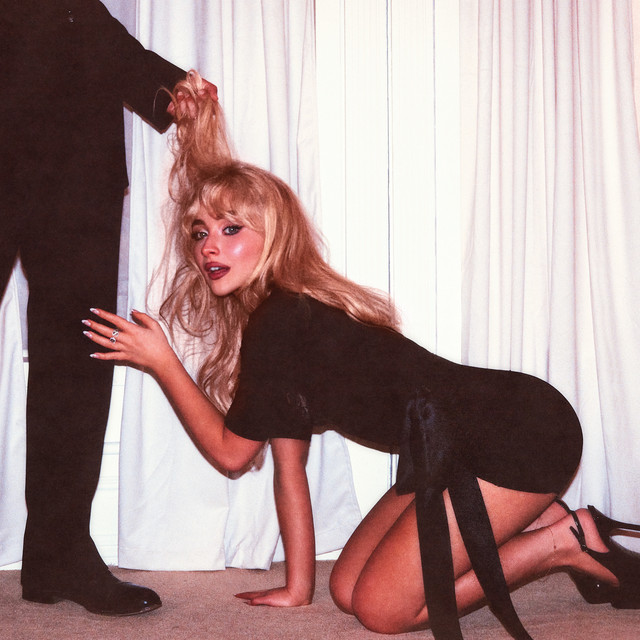








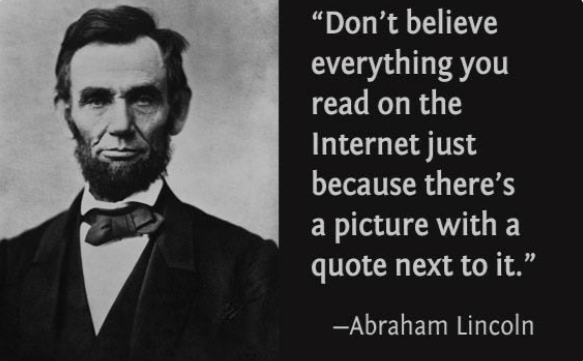



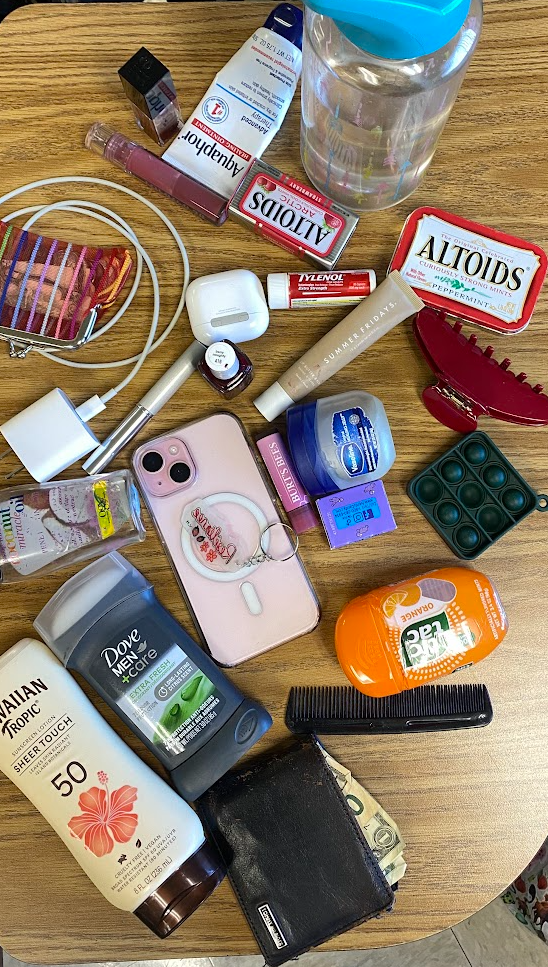



Liz • Nov 8, 2024 at 3:13 pm
Love this